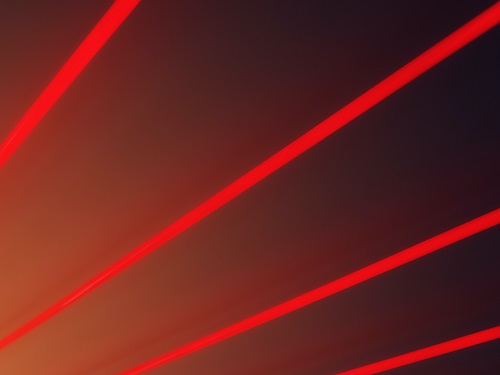
Alphabet subsidiary X, the Moonshot Factory’s ‘Project Taara’ is claiming 99.9 per cent uptime within the first 20 days of a light beam/laser broadband project.
What Is It?
Laser-based broadband uses wireless optical communications (WOC), which has been described as “like fibre, but without the cables”. In short, invisible beams of light, about the width of a chopstick, are used to transmit information at super high speeds through the air between two terminals. To make the connection, the terminals search for each other, detect the other’s beam of light, and lock in to create the high bandwidth connection.
Why?
This kind of laser broadband is needed because:
– The challenges of tough terrain can make it very difficult, very costly, and slow to take fibre networks to many areas.
– It offers a cost-effective and quickly deployable way to bring high-speed connectivity to remote areas.
– It can plug critical gaps to major access points, like mobile phone towers and Wi-Fi hotspots.
– It can help bring greater equality of opportunity to countries with more challenging terrain by giving people access to the educational, business, and communication benefits of the web.
– It can be used as a way to extend fibre networks.
What Happened?
Project Taara has set up a network, powered by wireless optical communications (WOC) that links Brazzaville in the Republic of Congo and Kinshasa in the Democratic Republic of Congo. Measurements have been taken of how the recently introduced laser-based broadband has performed between the sites, which are separated by 4.8km across the Congo River.
X, the Moonshot Factory, which describes itself as “a diverse group of inventors and entrepreneurs who build and launch technologies that aim to improve the lives of millions, even billions” has reported that the laser-based broadband service has been able to supply nearly 700TB of data within its first 20 days of operation, with 99.9 per cent uptime.
Flexible Technology
The X company website claims that with a clear line of sight, wireless optical communication technology can transmit data at high speeds of up to 20 Gbps, and a single link can cover distances up to 20 km.
Weather Conditions A Challenge
One challenge with this type of technology, however, is that bad weather (fog or haze) can interfere with the light beams, as can fauna such as bats and birds flying in front of the signal. For these reasons, laser-broadband may be more useful in countries with good weather conditions for most of the year.
What Does This Mean For Your Business?
Those individuals and businesses in areas around the world where it is too complex, expensive, and difficult to be reached with cables in the ground (due to terrain) are at a disadvantage from not being able to access the many benefits of reliable access to the Internet. The promising results from the deployment in the Congo shows that laser-broadband offers a practical, cost-effective, and quickly deployable way to bring high-speed connectivity to remote areas. It also could prove very valuable in plugging other critical gaps in the world’s communications networks. This could bring greater opportunities and greater equality to businesses, communities, and individuals around the world while being kinder to the environment at the same time. The challenges posed to the technology by adverse weather conditions could be offset by the fact that it is better to have areas connected for at least some of the time than not at all.




